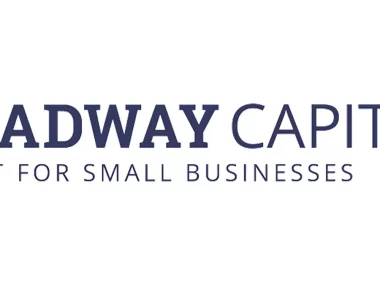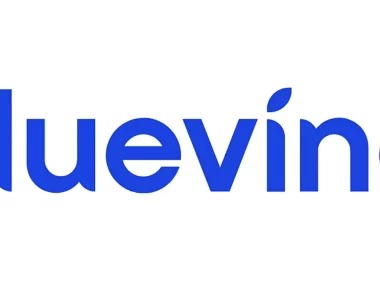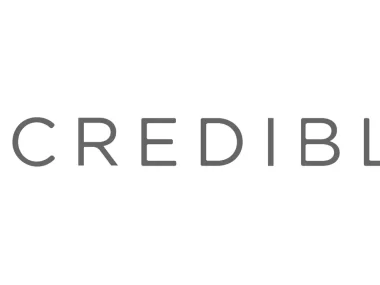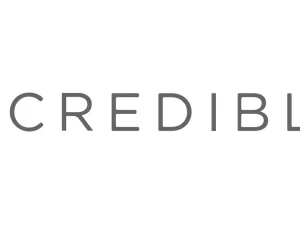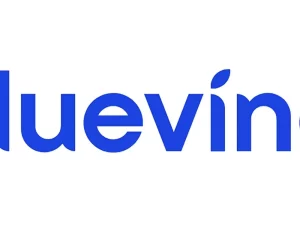Getting a personal loan, especially an easy one, typically depends on your creditworthiness, financial situation, and the lender you choose. Here are some steps to help you obtain an easier personal loan
1. Check Your Credit Score:
Your credit score is a fundamental factor in securing a personal loan with favorable terms. It reflects your credit history and financial responsibility. To begin, obtain copies of your credit reports from the three major credit bureaus: Equifax, Experian, and TransUnion. Scrutinize these reports for errors, discrepancies, or negative items that may affect your creditworthiness. A higher credit score not only increases your chances of loan approval but also ensures you receive more attractive loan offers.
2. Improve Your Credit Score:
If your credit score is below the threshold required for your preferred loan or optimal interest rates, consider implementing strategies to enhance your creditworthiness. Start by paying down existing debts and credit card balances. Make sure to make all payments on time and avoid late payments or collections. Additionally, refrain from opening new credit accounts, as too many inquiries can negatively impact your credit score. While improving your credit score can be a gradual process, it’s a worthwhile investment in your financial future.
3. Compare Lenders:
Personal loan options vary significantly, with each lender having distinct requirements, interest rates, and loan terms. Therefore, it’s imperative to dedicate time to researching and comparing loan offers from various sources. This includes traditional banks, credit unions, online lenders, and peer-to-peer lending platforms. Bear in mind that each lender may have unique eligibility criteria and lending standards, so finding one that aligns with your financial situation and goals is crucial.
4. Online Lenders:
Online lenders have gained prominence due to their convenience and expedited approval processes. Many online lenders offer greater flexibility in their lending criteria, making it easier for borrowers with diverse credit profiles to secure loans. When exploring online lending options, consider reputable platforms such as SoFi, LendingClub, Prosper, Avant, or Upstart.
5. Peer-to-Peer Lending:
Peer-to-peer lending platforms, exemplified by Prosper and Funding Circle, provide an alternative to conventional lending institutions. These platforms connect borrowers directly with individual investors, often resulting in competitive interest rates and unique lending opportunities. If you’re seeking a personal loan with less stringent requirements, peer-to-peer lending platforms are worth considering.
6. Credit Unions:
Credit unions are member-based, non-profit financial institutions recognized for their personalized service and favorable loan terms. They typically offer lower interest rates compared to traditional banks. Credit unions may also be more inclined to work with borrowers who possess moderate credit scores or have unique financial situations. If you’re eligible for membership, joining a local credit union could be advantageous.
7. Secured vs. Unsecured Loans:
Personal loans can be categorized as either secured or unsecured. Secured loans necessitate collateral, such as a vehicle, home equity, or a savings account, which can enhance your eligibility for a loan. However, it’s vital to acknowledge that defaulting on a secured loan can lead to the forfeiture of the collateral. Unsecured loans, on the other hand, don’t require collateral but typically demand a stronger credit history.
8. Gather Required Documents:
Preparing the necessary documentation in advance can significantly expedite the loan application process. Commonly requested documents include proof of income (such as pay stubs or tax returns), bank statements, identification (e.g., driver’s license or passport), and proof of residence. Having these documents readily available will streamline the application process and improve your overall efficiency.
9. Consider a Co-Signer:
If your credit history is limited or your credit score falls below the ideal range, considering a co-signer with a strong credit profile can substantially increase your chances of approval and potentially secure a more favorable interest rate. A co-signer essentially vouches for the loan and agrees to assume responsibility if you default. Choosing a co-signer wisely is crucial, as their credit and financial stability will directly impact your loan application.
10. Review the Terms:
Before accepting any loan offer, it’s essential to meticulously review and comprehend all the terms and conditions associated with the loan. Pay particular attention to the interest rate, repayment schedule, loan term, and any associated fees. Ensure that the loan terms align with your financial capabilities to prevent potential financial strain in the future. Remember that understanding the terms is essential to making an informed decision.
11. Apply with Multiple Lenders:
When shopping for a personal loan, it’s generally advisable to apply with multiple lenders within a relatively short timeframe. Credit scoring models typically treat multiple loan inquiries within a specific period (usually 14-45 days) as a single inquiry. This minimizes the impact on your credit score while allowing you to compare loan offers and select the one that best suits your financial needs. Applying to multiple lenders also provides you with options, helping you secure the most favorable terms.
12. Avoid Predatory Lenders:
Exercise caution when dealing with lenders that make unrealistic promises, such as guaranteed approval or no-credit-check loans. Predatory lenders often charge exorbitant interest rates and fees, potentially trapping borrowers in a cycle of debt. To safeguard your financial interests, conduct thorough research on the lender’s reputation, read reviews, and verify their legitimacy before proceeding with any loan application.
13. Assess Your Financial Needs:
Before pursuing a personal loan, conduct a comprehensive assessment of your financial situation. Create a detailed budget that outlines your income, expenses, and existing debts. Consider whether taking on additional debt is a prudent decision, ensuring that it aligns with your long-term financial goals and needs. Be mindful of your financial health and stability.
14. Explore Alternatives:
While personal loans can be a valuable financial tool, explore other alternatives before committing to one. Consider options such as home equity loans, lines of credit, or borrowing from a retirement account if they align better with your objectives. Assess the risks and benefits of each option and choose the one that suits your financial situation and goals.
15. Seek Professional Advice:
If you’re uncertain about which type of personal loan is best for your unique circumstances, consider seeking advice from a financial advisor. A professional can provide personalized guidance based on your financial goals and help you navigate the loan application process effectively.
Securing an easier personal loan should never be viewed as an opportunity to take on debt lightly. Responsible borrowing is paramount to maintaining your financial well-being and safeguarding your credit score. Before pursuing a personal loan, conduct a meticulous assessment of your financial situation, create a comprehensive budget, and carefully contemplate whether taking on debt aligns with your long-term financial goals and needs. Always prioritize your financial health and stability.

